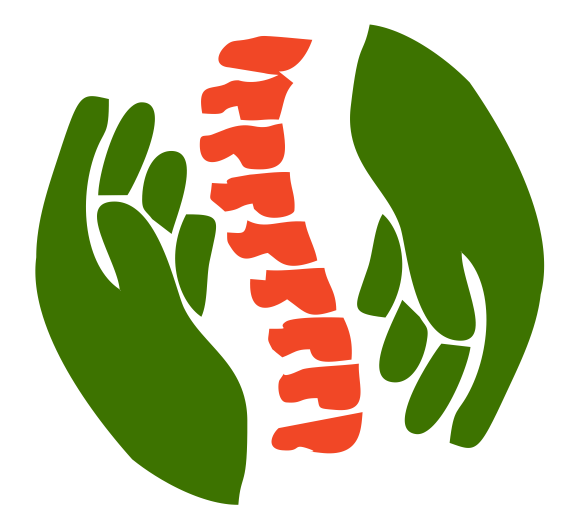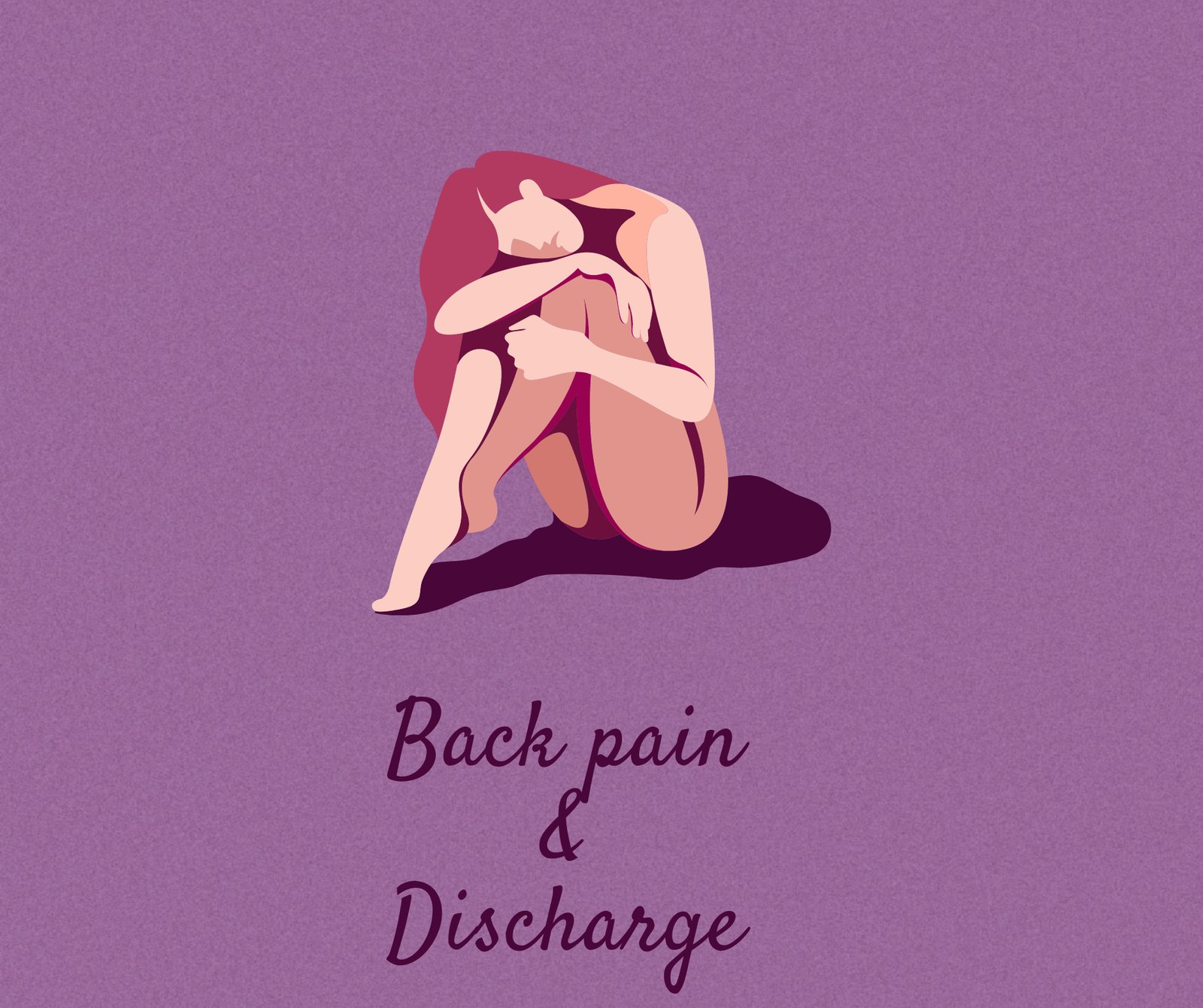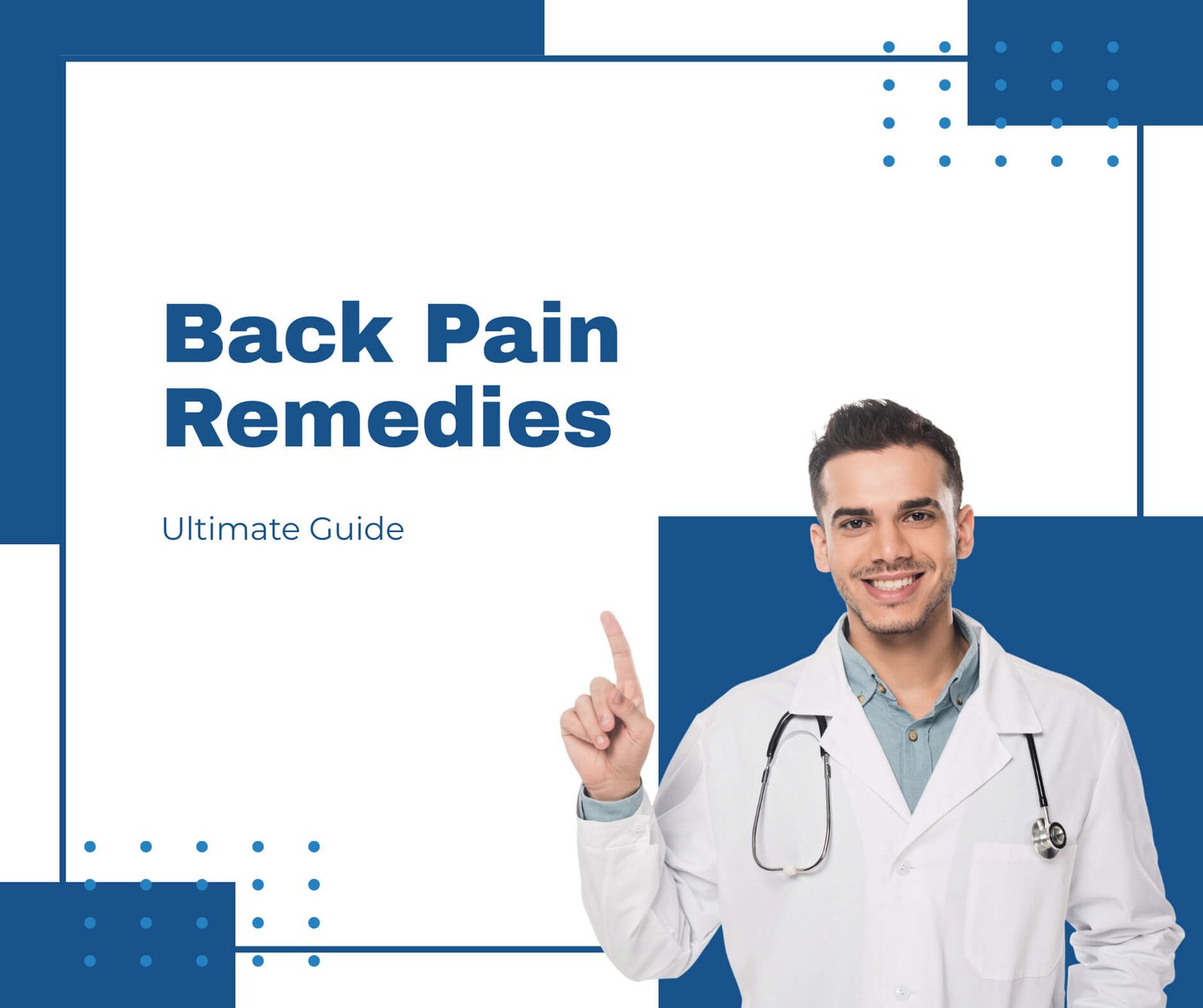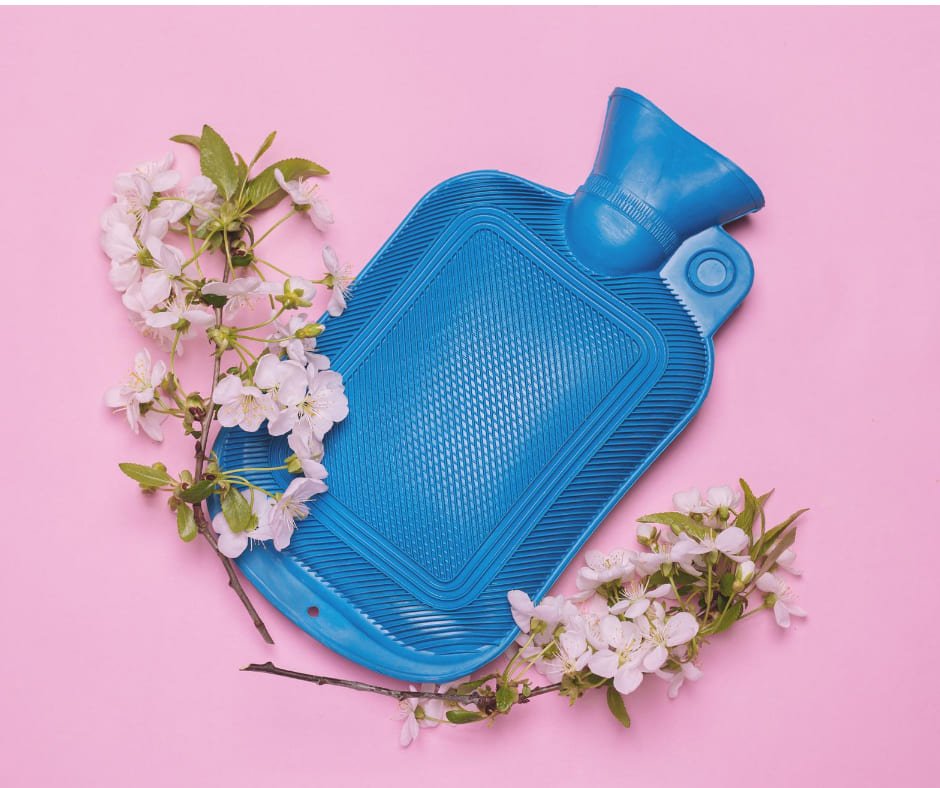Lower back pain radiating to anus. causes and treatment.
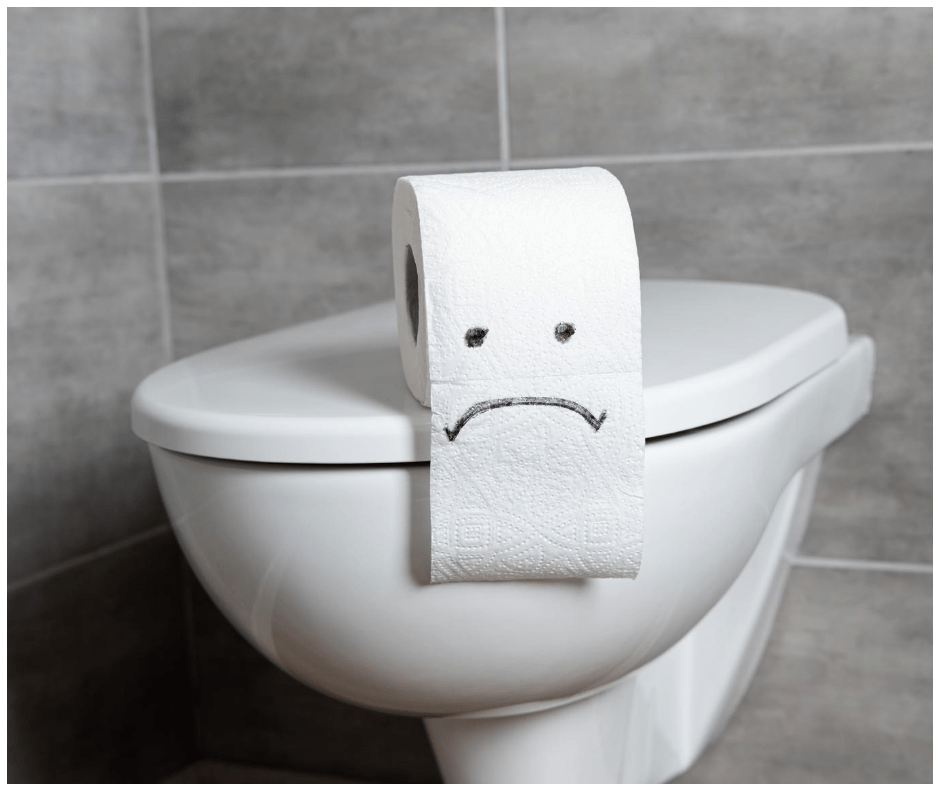
Lower back pain radiating to anus is really a pain in the ass. This type of pain makes it more difficult for people to maintain their daily routine.
People who experience lower back pain radiating to anus may find it difficult to leave their homes or even sit down for extended periods of time.
behind every story, there is a reason. here is also. what are they? lets see,
The causes of lower back pain radiating to anus:
There are many reasons. but the most effective is discussed below.
sciatica:
Can sciatica make your rectum hurt?
A tight piriformis muscle can also put pressure on the pudendal nerve, causing pain in the groin, genitals, or rectum, contributing to chronic pelvic pain too.
In severe cases, piriformis syndrome, like sciatica from other sources and many others can cause weakened rectal atrophy. (The skin and muscle tissues from the rectum ) muscles in the buttocks. and you may feel lower back pain radiating to the anus.
Chronic constipation:
Constipation is a common condition that affects millions of people in North America every year. It occurs when you don’t have a bowel movement regularly.
Typically three times per week or less. or if you feel like you need to go but can’t because of dry, hard stools (feces).
In fact, constipation is one of the most common gastrointestinal complaints in adults over 50 years old and one of the most common reasons why people visit their doctors.
Constipation can cause a person’s intestines to swell up with their waste, which is uncomfortable and painful. This can lead to discomfort in your lower back and feeling pain.
Some conditions and symptoms can cause back pain. One such condition is a tumor pressing on the spinal cord. Constipation is one of the side effects of a spinal cord injury.
It’s possible that fecal impaction may be because of low back pain. This occurs when a piece of dry stool is stuck in the colon or rectum, which can result in pressure that causes pain to radiate to the back. you can take the help of stool softeners to avoid such problem
Treatments for constipation:
- Regular Exercise.
Exercise is one of the most effective ways to relieve constipation. It stimulates intestinal contractions, which help push stool along the colon.
In addition, exercise helps you maintain a healthy weight and improves your overall fitness level. When you’re overweight or obese, it makes it harder for your body to get rid of waste. Exercise also decreases the risk of conditions such as heart disease and diabetes, both of which can contribute to constipation by slowing down digestion.
You don’t need to work out for hours at a time to get these benefits. Even just 30 minutes a day can help keep constipation at bay.
Exercise can also help alleviate other common causes of constipation, such as stress and medications that slow down bowel function (such as antacids).
- Increase your water intake.
Drinking more water is one of the best ways to prevent constipation. It also helps keep your digestive system running smoothly, as well as keeping your skin healthy and your whole body hydrated.
If you’re drinking enough water, it’s less likely that you’ll suffer from constipation. But what if you’re already suffering from it? Here’s what to do:
Drink more water
Drinking more water can help relieve constipation by softening the stools and increasing their weight and bulk. This makes them easier to pass through the digestive tract.
Drink plenty of fluids every day, including water. Try to drink at least eight glasses each day. You may be surprised at how much extra fluid your body needs when you’re constipated. If necessary, increase your intake gradually until you reach this target amount.
Try adding lemon or lime juice to your water for flavor and extra health benefits like vitamin C, potassium, and magnesium. These are all important nutrients for good digestion!
- Add more fiber to your diet.
Eat fiber-rich foods regularly. fiber is essential for proper digestion because it absorbs water in the intestines and adds bulk to stool so it can pass through more easily into the colon (large intestine). Fiber also feeds healthy bacteria in
Tailbone pain :
Tail bone pain results in lower back pain radiating to anus: The tailbone is located at the bottom of your spine and when it becomes inflamed it can cause pain that travels down the spine to the anus.
Hemorrhoids:
Many people think the lower back pain that radiates to the anus is due to hemorrhoids. However, the main cause of lower back pain radiating to the anus is actually nerve strain. Hemorrhoids are a small part of this combination of injuries.
What causes nerve pain in anus?
Pudendal neuropathy is a common cause of Alcock canal syndrome. It can be caused by sitting for a long period of time, which in turn can rotate the colon internally. This irritation on the pudendal nerve may happen repeatedly, resulting in this condition.
Sacroiliitis:
Lower back pain radiating to the anus is a common symptom of sacroiliitis. Sacroiliitis is an inflammatory condition in which there is pain and stiffness in the lower back and buttocks, accompanied by pain radiating to the front or side of the hip, thighs, or tailbone.
However, it’s also possible that this pain could be caused by other conditions such as pelvic inflammatory disease (pelvic infection), endometriosis, or interstitial cystitis.
Proctalgia fugax:
Proctalgia fugax refers to the sudden onset of severe pain in the rectum area, which can last from seconds to minutes. The pain is sporadic and can be without warning.
Proctalgia fugax gives sudden excruciating pain in the rectum area that can last from seconds to minutes. The pain is sporadic and can be without warning. There is no known cause, but certain conditions and diseases have been associated with this disorder. The pain usually begins as a sharp, stabbing sensation, and can become more intense if pressure is applied before it subsides.
Symptoms of proctalgia fugax are spasms of muscles but when it does happen it causes severe pain in the anal and pelvic areas.
FAQ:
Can an inflamed colon cause back pain?
Patients with ulcerative colitis may have symptoms experienced outside of the digestive system, such as in their joints and back. This type of arthritis and back pain is often related to one’s ulcerative colitis and can be improved by drugs and for it.
Why does my back hurt when I have to poop?
Fecal impaction can cause low back pain. it occurs when a piece of dry stool is stuck in the colon or rectum When you experience pain in your lower back and it’s not from a visible injury, you should consult your doctor to see if this could be the case. If so, treatment options may include manual removal of the stool blockage. or surgery.
Conclusion:
With the causes and treatments listed above, you will be prepared in case you get lower back pain radiating to anus.
